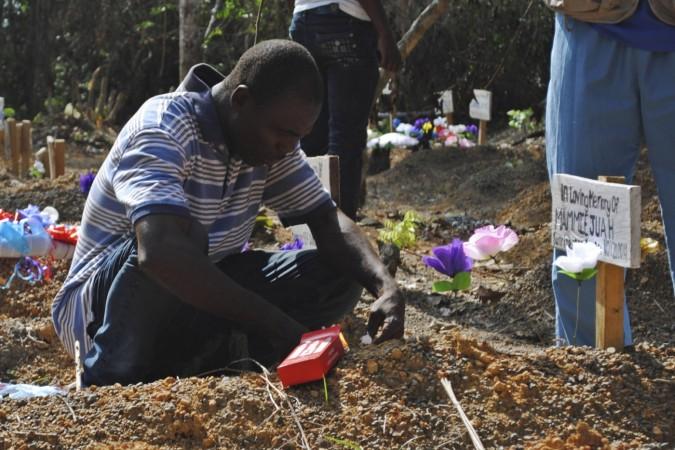
Days after the World Health Organisation (WHO) declared that Ebola is no longer a global health emergency, a five-year-old boy tested positive for the viral disease in Liberia, West Africa after his mother also died of the virus last week.
This is the second Ebola flare-up to hit Liberia in the last few weeks. The country was declared Ebola-free a few months back, the Reuters reported. The virus has also claimed four lives in the neighbouring Guinea.
"A five-year-old boy, the son of the deceased, tested positive early on Sunday morning," Tolbert Nyenswah, Liberia's deputy health minister, said.
Ebola is a viral hemorrhagic fever transmitted by the Ebola virus. The virus spreads by direct contact with body fluids of an infected person or an animal. It has killed over 11,000 people globally since its outbreak in December 2013 and affected over 28,000 people.
Most of the deaths occurred in Guinea, Liberia and Sierra Leone of West Africa. New Ebola cases were reported in Guinea on March 17, hours after Sierra Leone declared an end of active transmission. Liberia has closed its borders with Guinea, fearing potential spread of the virus in the country.
Margaret Chan, the WHO Director-General, said March 29 that she has accepted the advice of the expert committee that the temporary recommendations adopted in response to the Ebola situation in West Africa should now be terminated. She added, however, that a high level of vigilance and response capacity must be maintained to ensure the ability of countries to prevent Ebola infections and to rapidly detect and respond to flare-ups in the future.
















